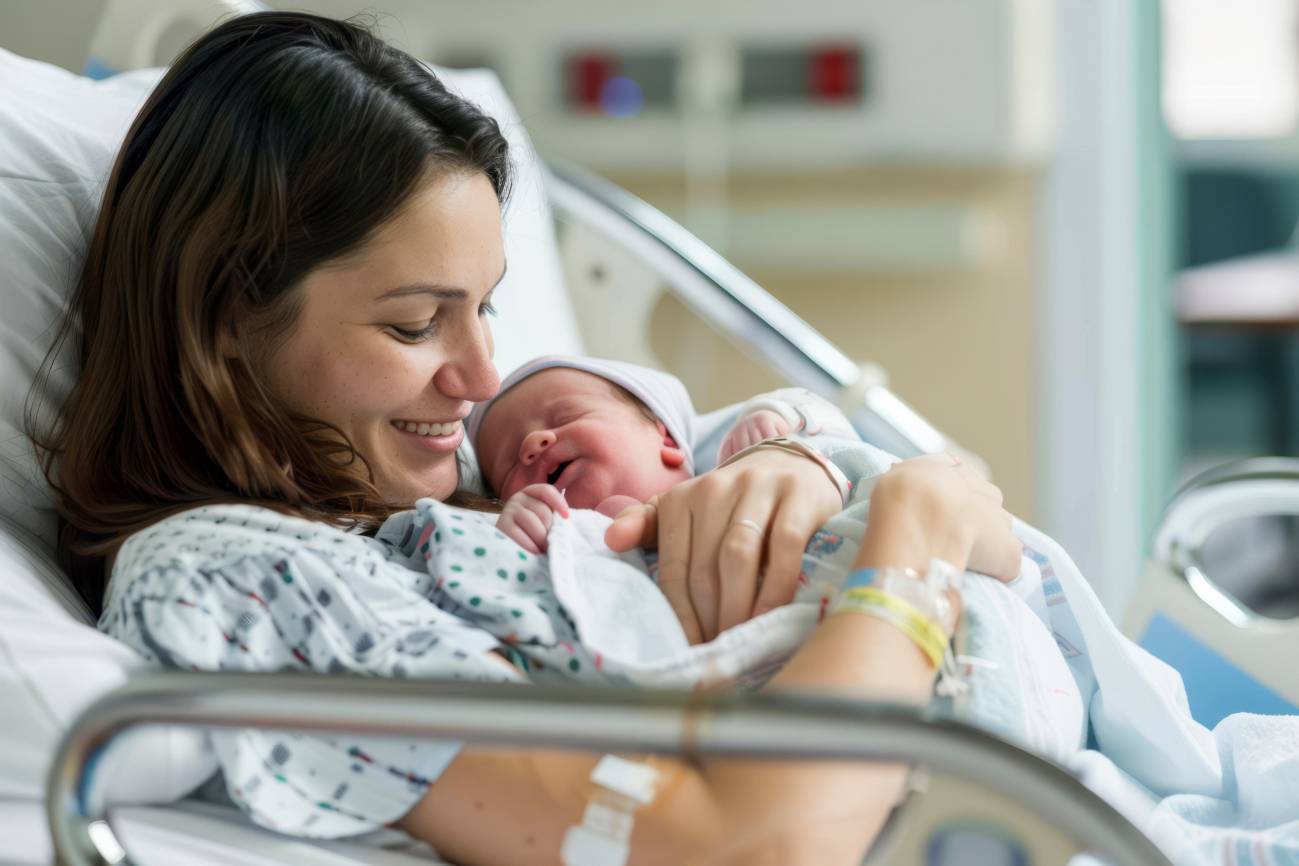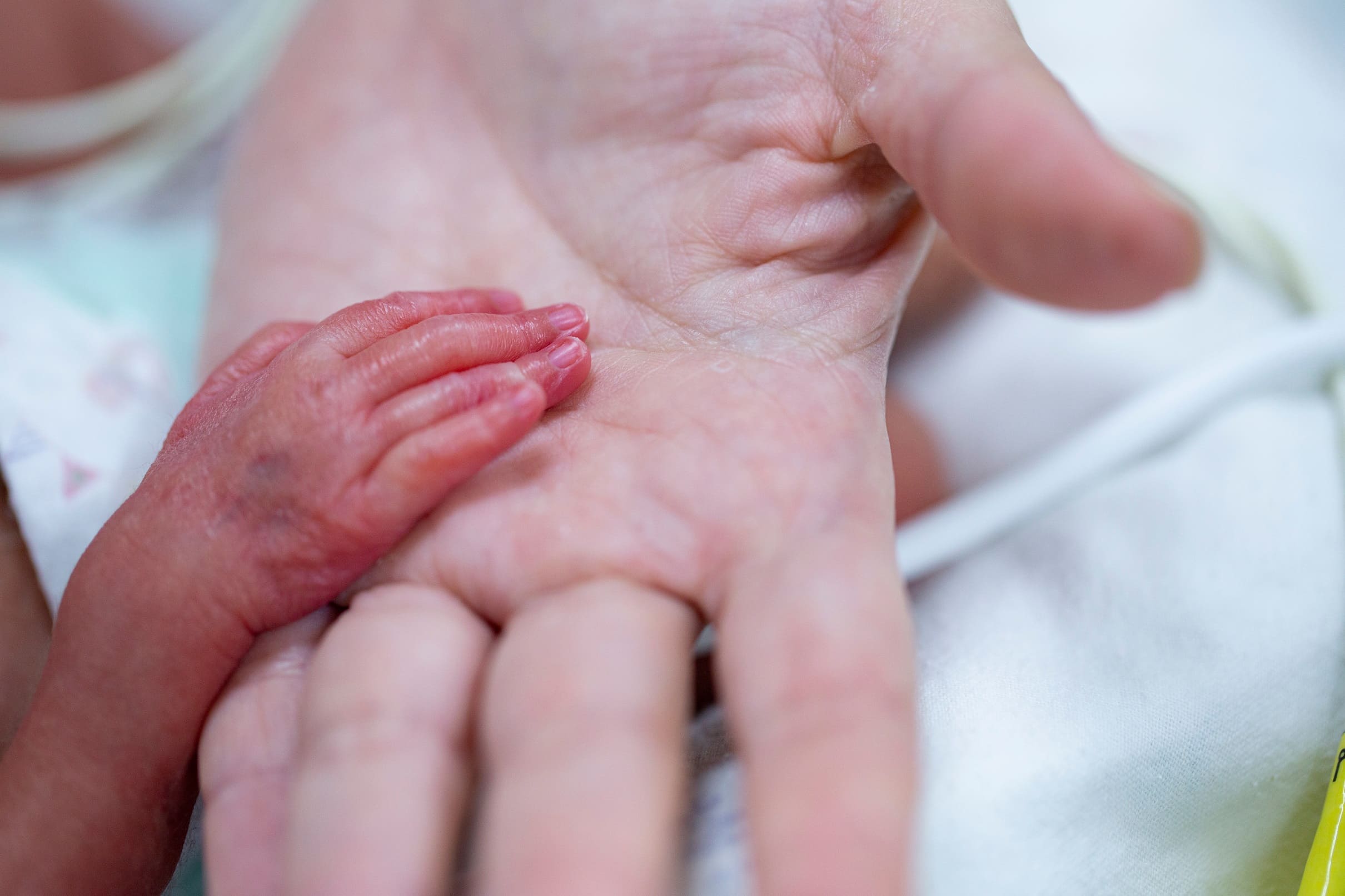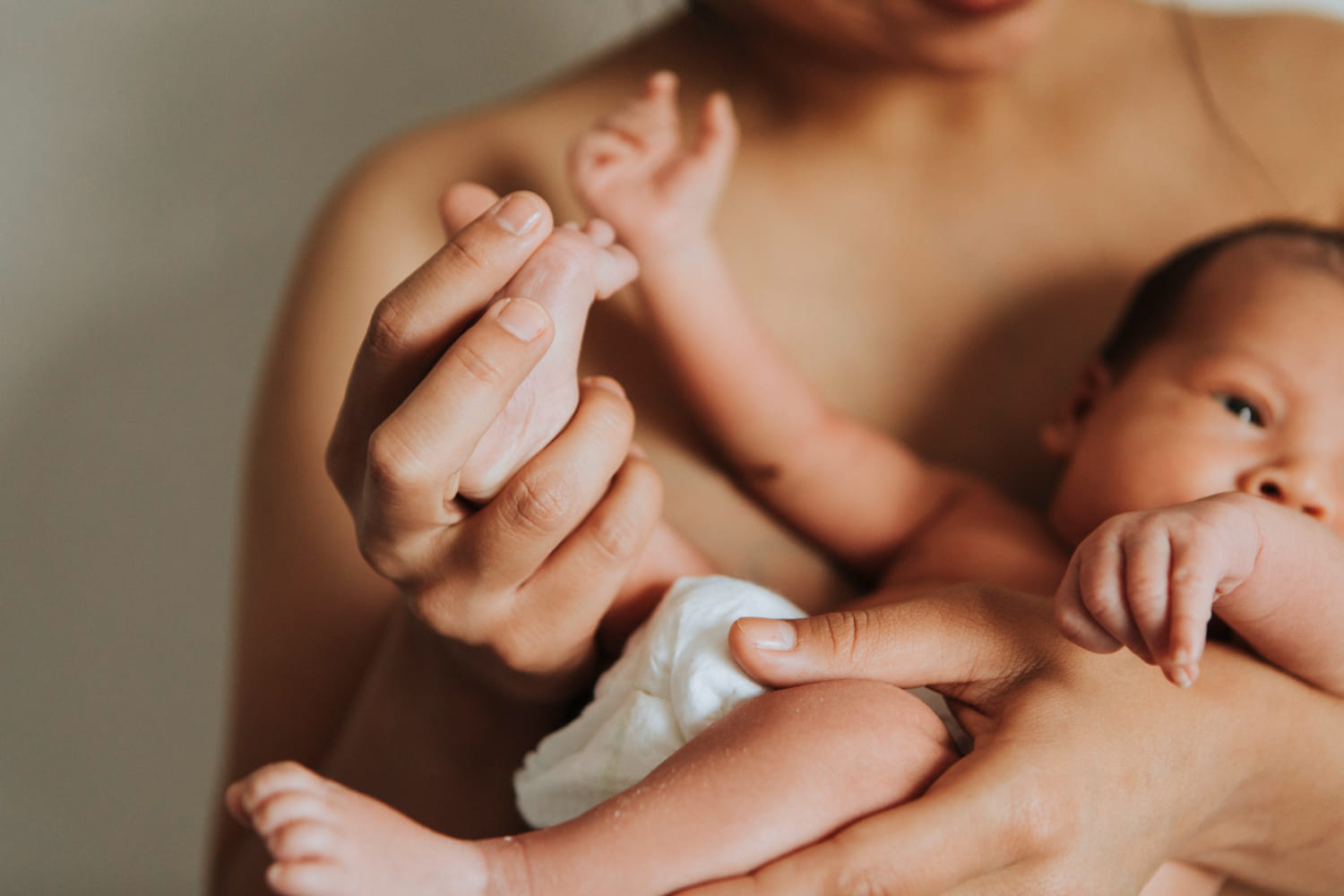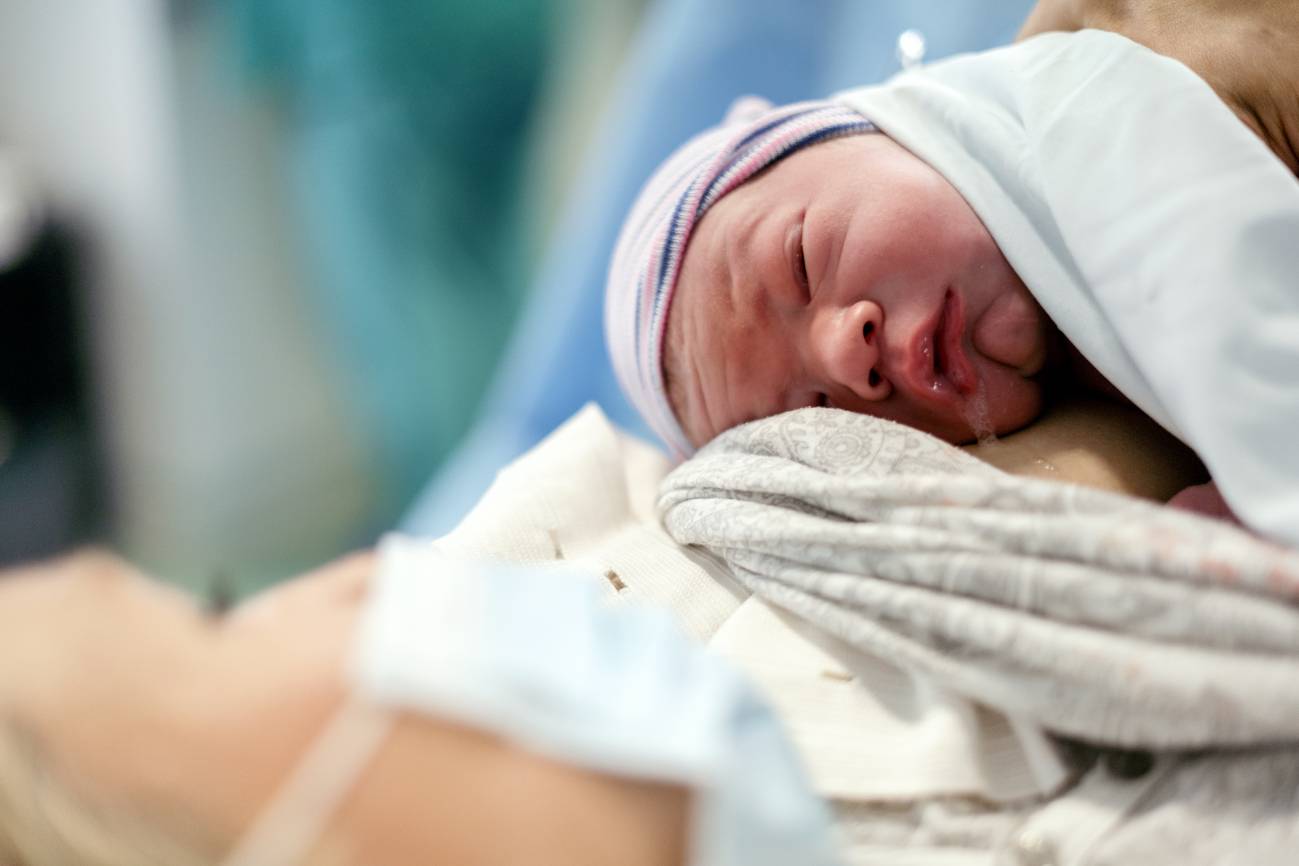Newborn genetic screening outperforms standard screening in detecting more serious diseases, preliminary study finds
Early results from a study of newborn screening methods show that DNA analysis detects many more serious preventable or treatable diseases than standard newborn screening. The study, published today in the journal JAMA, is one of the first large-scale studies in the world to use genome sequencing as a method of newborn screening and is the first to publish preliminary results.




